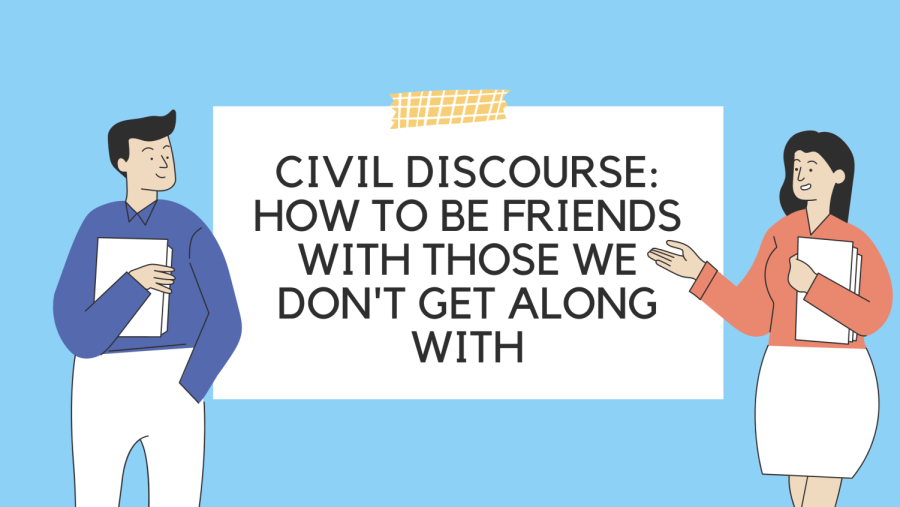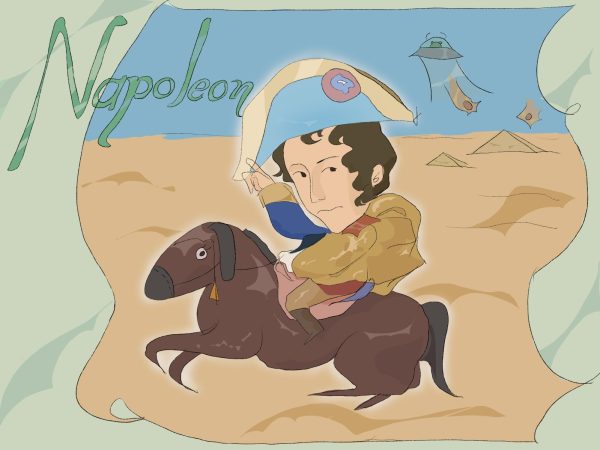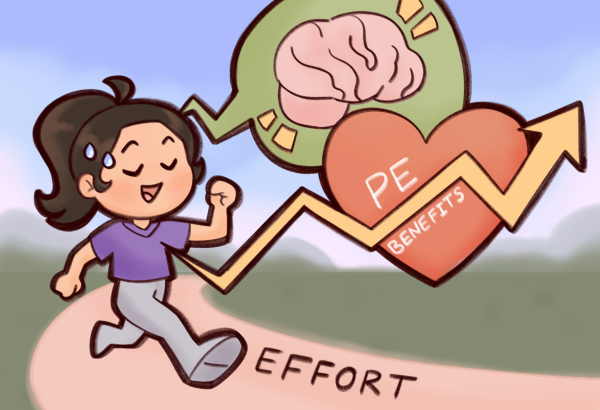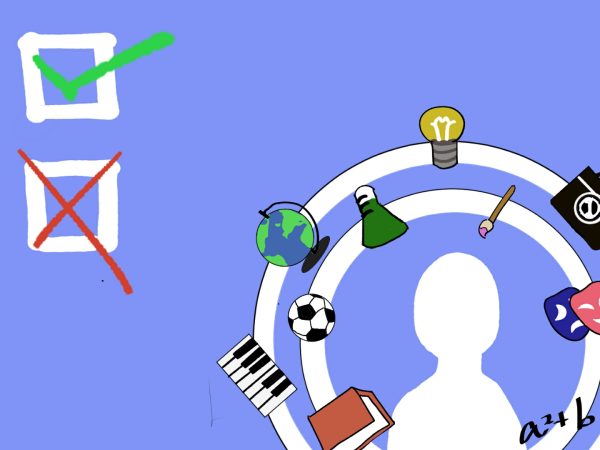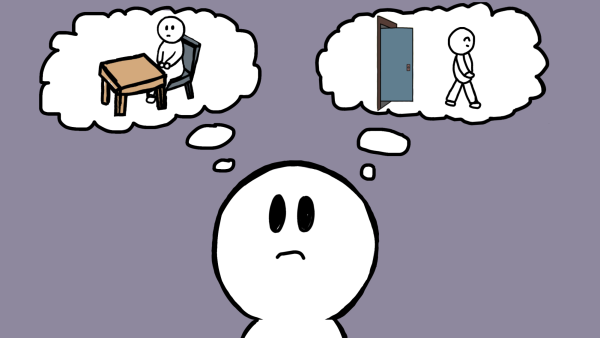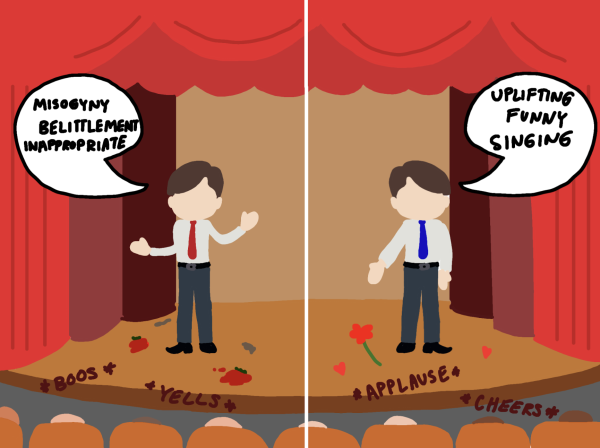Friends Who Hold Different Viewpoints Encourage Us to Collaborate
Can people be friends with those who hold different opinions?
The short answer is yes. The long answer is harder to parse.
Not all opinions are made equal, and some are valued more than others. For example, people are more inclined to build friendships based on stances on race or gender equality. On the other hand, people can more easily make friends with those whose opinions differ on less serious matters, such as the best menu option or which Grammy nominee deserves to win.
Though it may be difficult to get along with those who contradict our most paramount beliefs, it is not entirely impossible to be friends with them. After all, no two people will always see eye to eye. Sustaining friendships through mutual respect and understanding, rather than arguing in an uncivilized way, builds open-mindedness and tolerance, American Psychological Association.
Whenever one meets another for the first time, it is of utmost importance to acknowledge their beliefs and respect different viewpoints. This means understanding where others are coming from, rather than jumping to conclusions about who they are as a person.
Each person has unique experiences, meaning different influences have shaped their identity. It is unfair to assume one may always be morally correct; in fact, the idea of moral correctness in and of itself is subjective, according to the University of Missouri.
A fitting way to establish or repair friendships with those who one disagrees with is to find common ground. Participate in civil, open discourse that allows for one to develop a respect for said individual, or in some cases, lose that respect. Even more, civil discourse acts as a catalyst for better public leadership and policy, according to the Harvard Kennedy School.
The most prominent example of this is politics. While navigating around contradicting opinions on controversial subjects such as abortion and affirmative action, it is appropriate to question certain beliefs, but never to act in a manner that directly insults another person.
“The most important thing is to recognize that the other person probably isn’t trying to be hurtful to you in any way,” junior Vedant Tiwari said. Tiwari says that many of his peers hold different political opinions from his own, but enjoys talking their differences out. “It’s important to understand that they’re probably a good person that maybe just made a mistake, or you could be the one that made a mistake.”
Especially with politics, it is important to not jump on bandwagons that label certain groups a certain way. For example, those with more liberal beliefs should not be labeled communists, and conservatives should not be considered fascists. These beliefs perpetuate fearmongering and only further polarize groups that should be collaborating more, according to the Interaction Design Foundation.
In conclusion, yes, it is entirely possible to make friends with someone you do not agree with. After all, adversity in difference creates shared growth and open-mindedness.
Your donation will support the student journalists of Portola High School. Your contribution will allow us to purchase equipment and cover our annual website hosting costs.
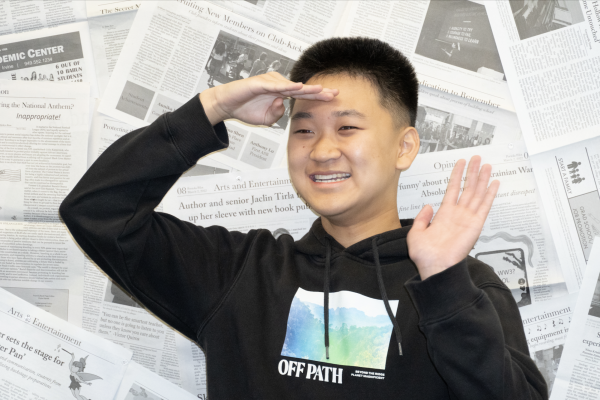
Michael Sun is the assistant Arts and Entertainment Editor and also a part of the business team for his second and final year in Pilot. He likes good Asian...



